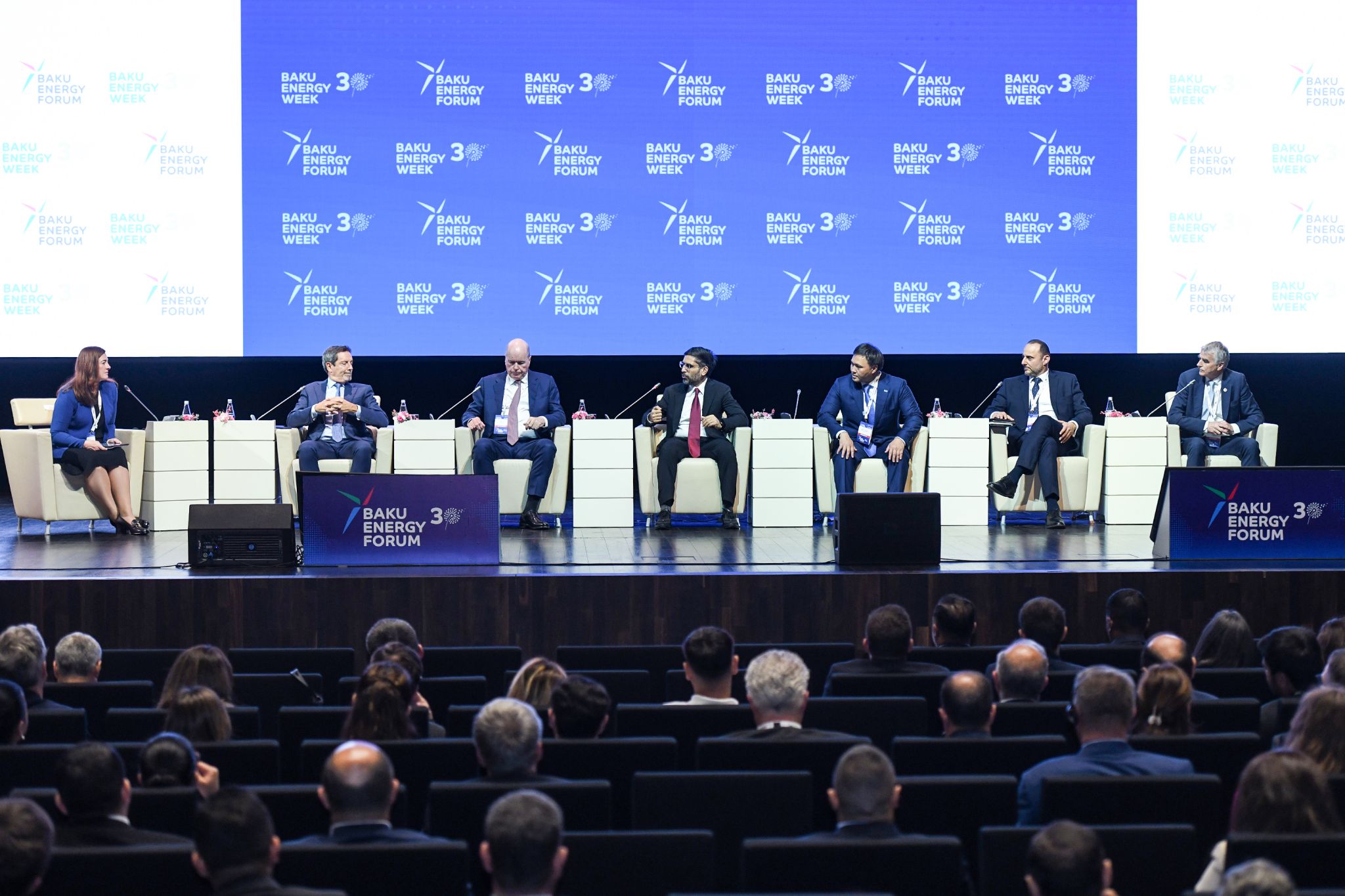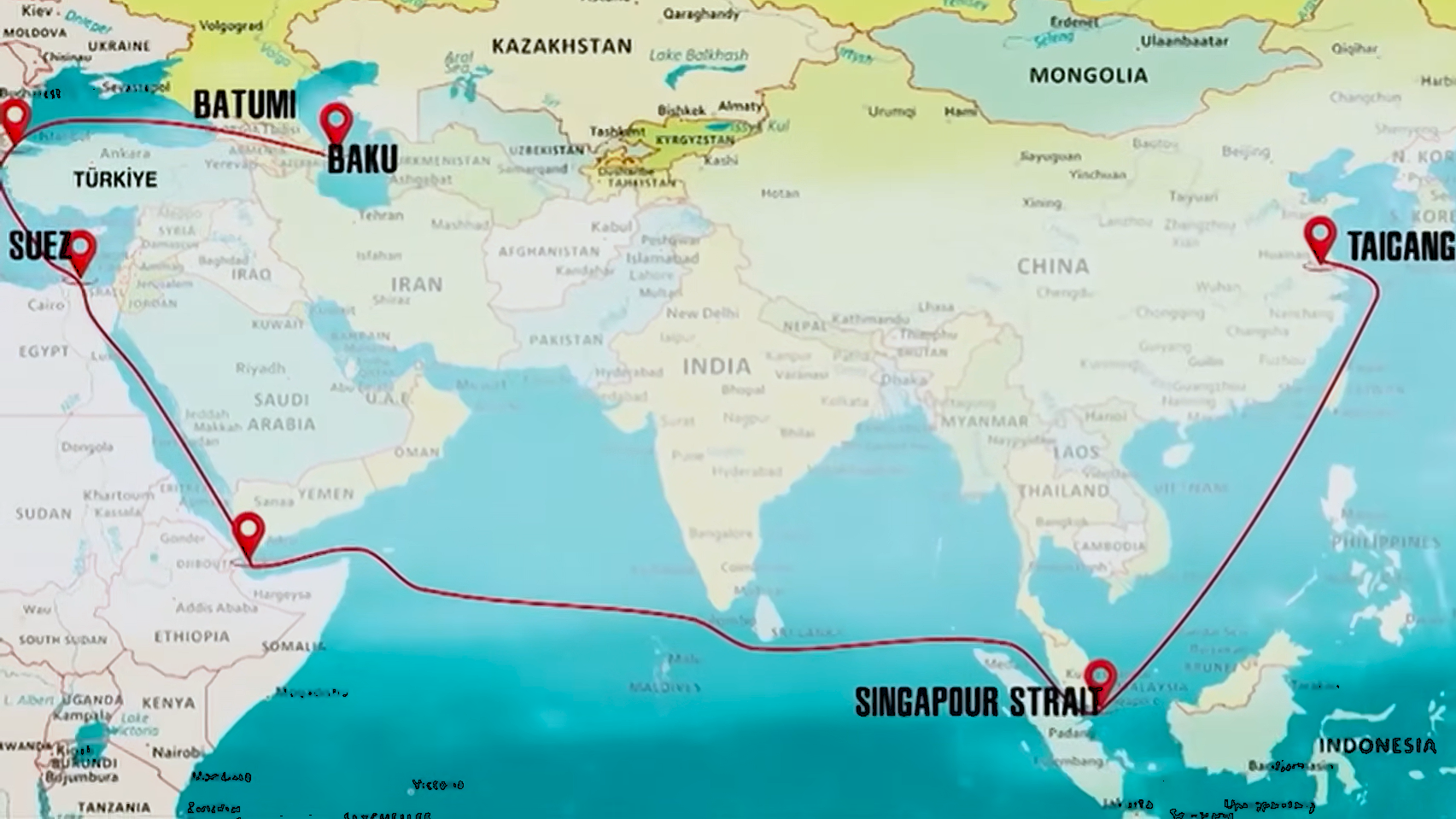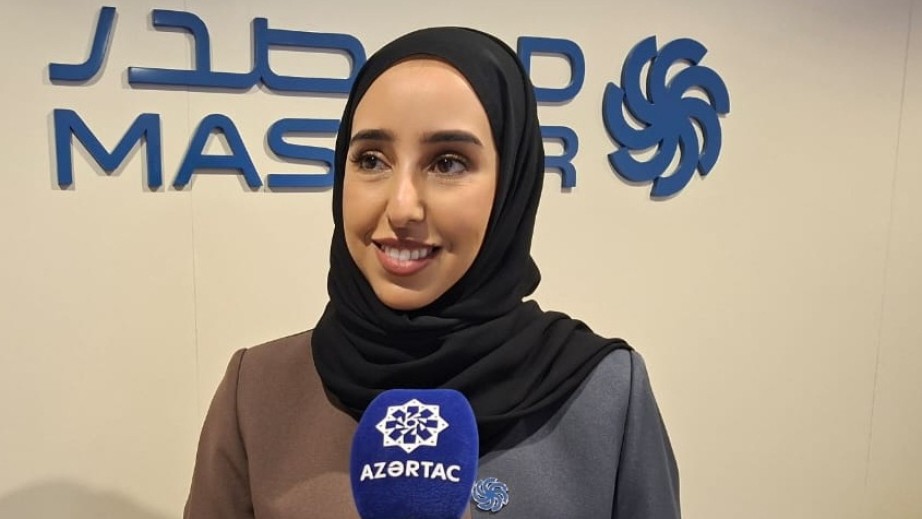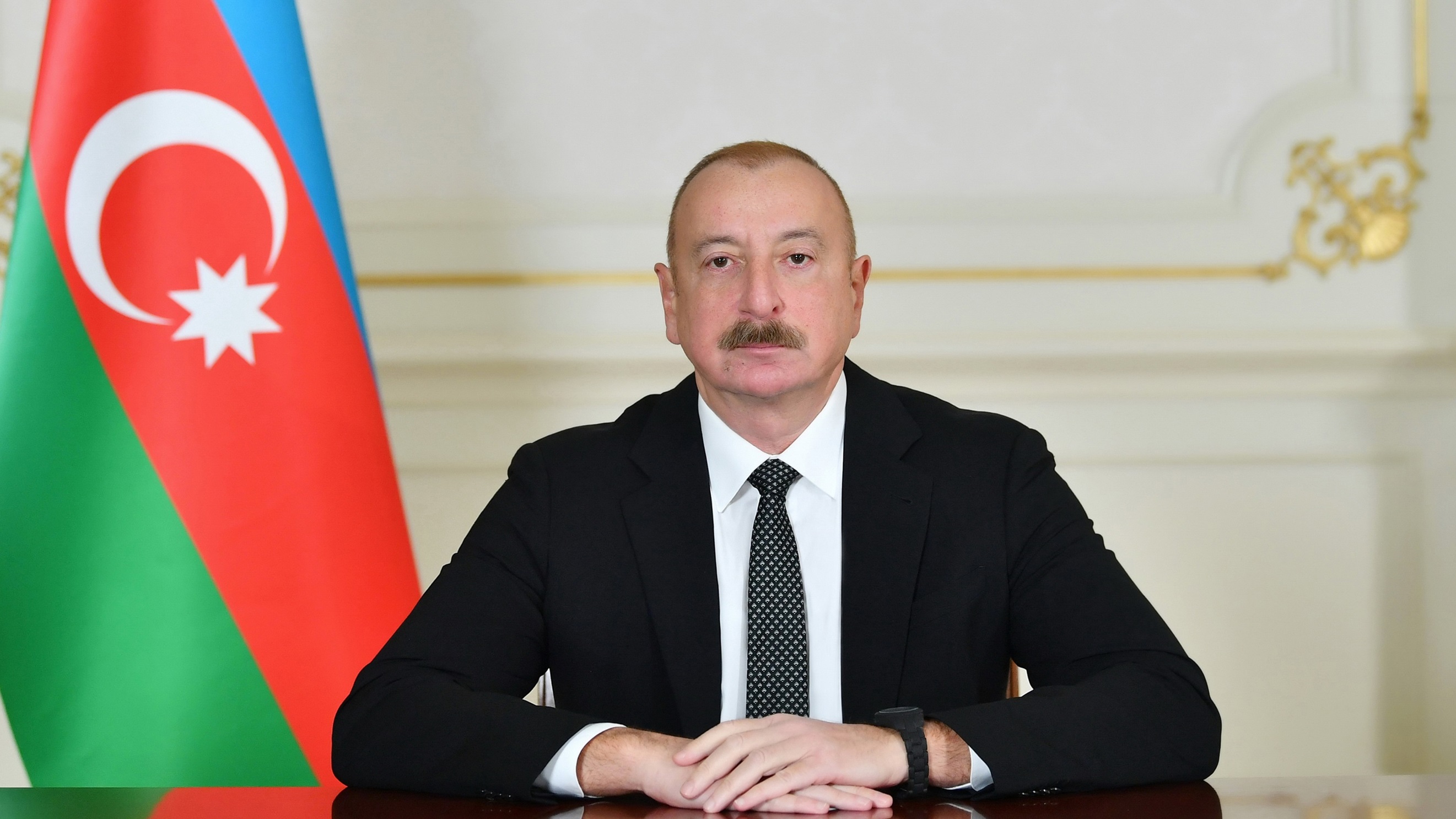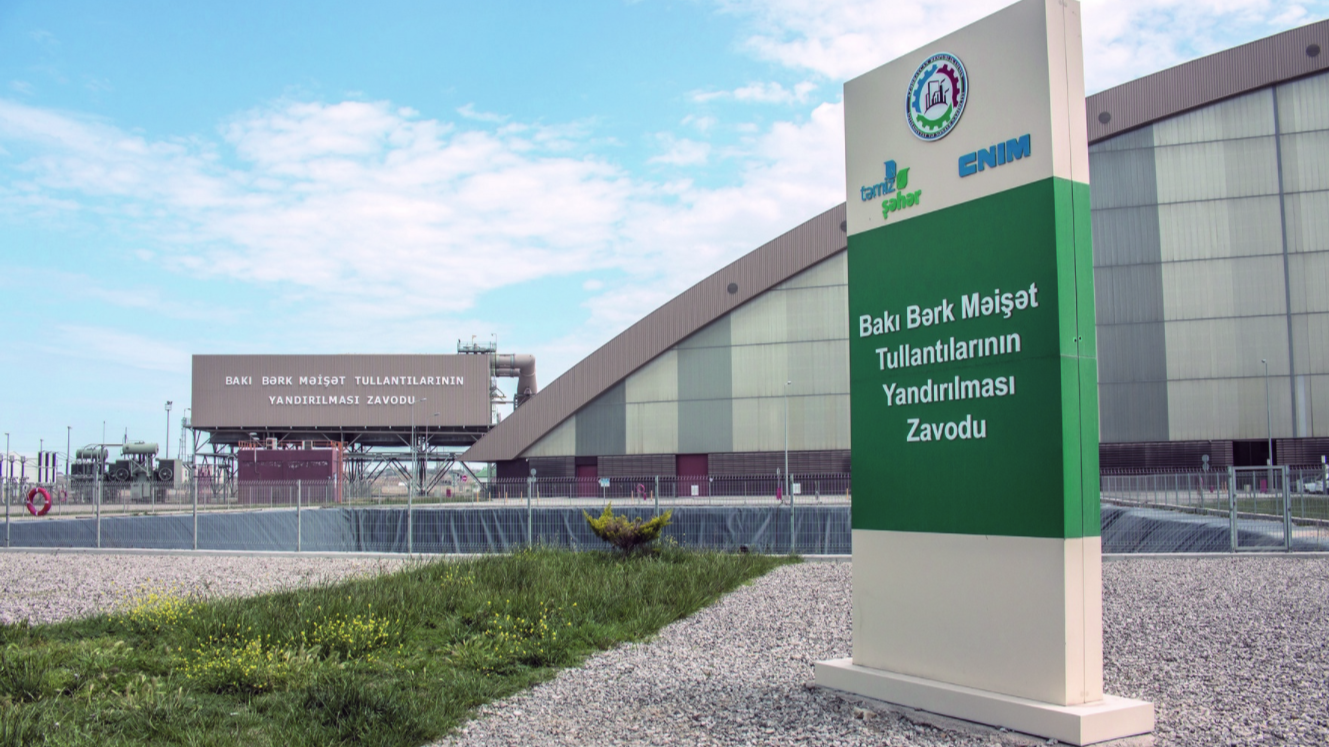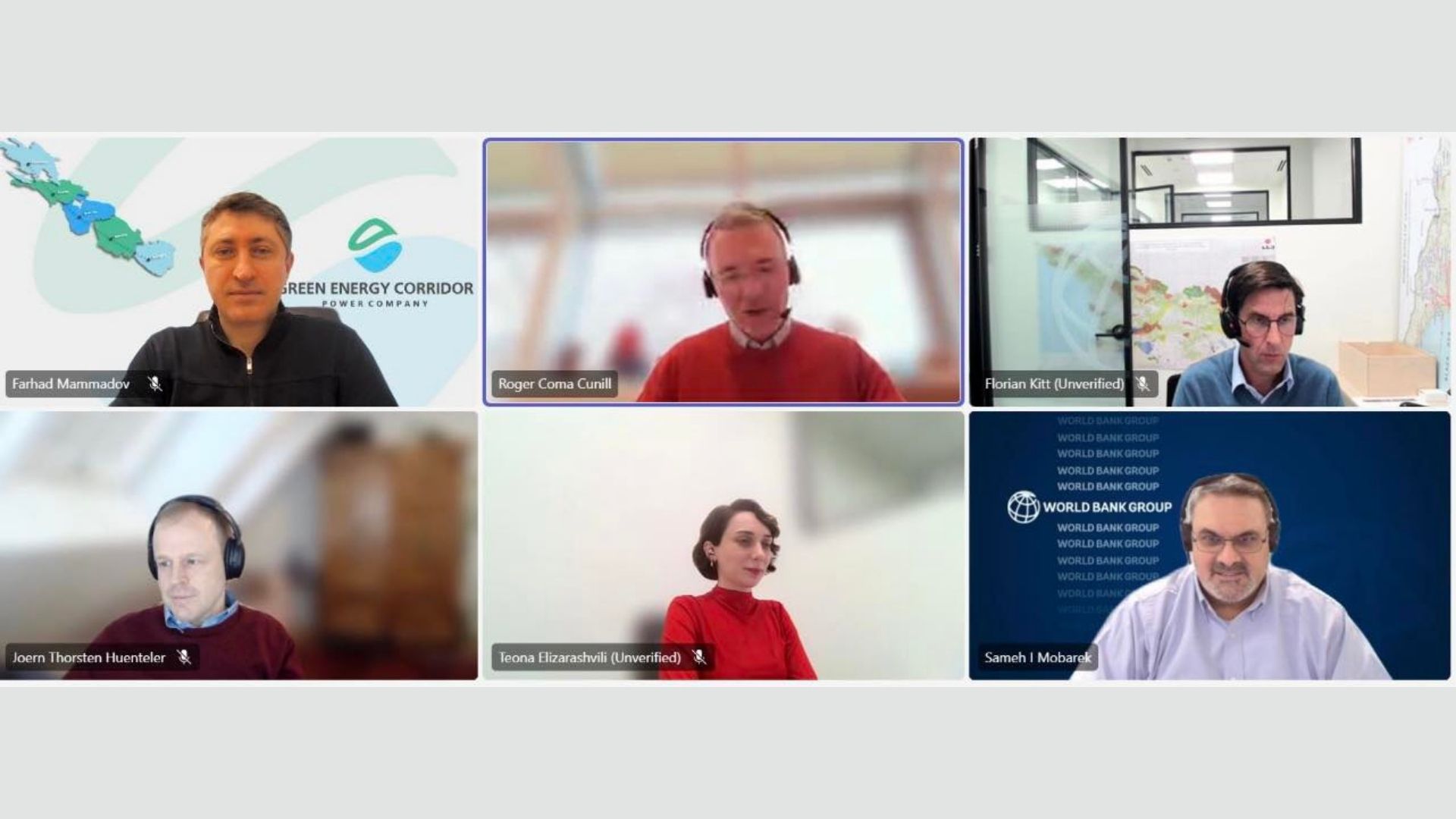The 30th edition of the Baku Energy Forum wrapped up on Wednesday at the Baku Convention Center.
The event brought together leading industry figures for strategic dialogue and exchange of ideas, highlighting global critical energy topics.
The second day of the forum featured panel discussions on “COP29 Energy deliverables — Pathway to a Sustainable Energy Future (Part 1 and 2)”, Special session with Kjell A. Nordström Futures(s) of International Business and Ultra Modern Firms”, “Digitalization in Energy: The Power of Data and Technology”, “Gas Markets – A New Structure for Producers, Transporters, and Consumers”, “Pipelines – Securing Energy Supply Through Robust Infrastructure” and “Electricity Generation and Grid Infrastructure Development: Powering Tomorrow’s World”.
“After the success of the COP29, too much ambitious programs declared at this forum. Now, there are new challenges on the agenda. Some countries already have own little bit different policy,” said Mukhtar Babayev, Representative of the President of Azerbaijan on Climate Issues, COP29 President, as he addressed the “COP29 Energy deliverables — Pathway to a Sustainable Energy Future” panel discussion.
According to him, especially the withdrawal of the U.S from the climate agenda makes some impact on the process of implementation of the outcomes.
“But other countries, donor countries, especially who took the pledges at Baku, have already started the preparation how to perform it. COP29 achieved historic outcomes, $300 billion agreed in Baku. It's the first time ever in UN climate discussions, this level achieved. And this was very big success of Baku discussions. Finally, we agreed $300 billion. Another very big program adopted at COP29 is a program of preparation of Baku to Belem. Now, the Azerbaijani team, together with Brazilian team, are working to prepare a $1.3 trillion program. It means that we need to identify what kind of additional sources of finance we can invite for the climate agenda,” Babayev mentioned.
“When we are talking about the climate finance, we're talking not only about donors and consumers or beneficiaries of this climate contributions, but we need to also look to the big South-South cooperation. For us now, it is very important time, and it is quite intense and complicated work to prepare this work. We are working very intensively with the international financial institutions and the private sector, because private sector is a big source of the climate finance now,” he added.
Yalchin Rafiyev, Azerbaijani Deputy Minister of Foreign Affairs, COP29 Lead Negotiator, noted that the COP29 is considered as one of the most important historic COPs ever because of its outcomes that we could achieve.
“We have three pillars of the Paris agreement that the member states, the parties, are acting upon - mitigation, adaptation and finance. COP29 was organized amid both geopolitical difficulties and challenges surrounding the whole process. We need means of implementation to be available, and the finance is coming up to lead technology, capacity building to be provided to the parties in order for them to operationalize their ambitions,” he added.
Among the distinguished speakers was renowned global business thinker, Swedish economist, futurist, and bestselling author Kjell A. Nordström, who made his debut appearance in Azerbaijan. Nordström shared his insights on the future of the global economy, the transformation of energy markets, and disruptive innovations reshaping the industry.
Gauri Singh, Deputy Director General of the International Renewable Energy Agency (IRENA) congratulated Azerbaijan on the successful hosting of COP29.
"Renewable energy sources are 96% more cost-effective, which is a remarkable achievement. We must continue to invest in this sector,” she said.
Noting that significant global progress is needed in renewable energy, the Deputy Director General added: “One of the major challenges is the electrification of transportation. Notable pledges were made at COP29. To achieve these goals, we must accelerate our efforts accordingly.”
“The Southern Gas Corridor (SGC) transports gas produced in the Caspian Sea to European markets. Over the past 5 years, we have become a significant contributor to the security of Europe's energy supply,” emphasized Luca Schieppati, Managing Director of the Trans Adriatic Pipeline AG (TAP AG) Consortium.
According to him, more than 47 billion cubic meters of gas have been exported to Europe, with 39 billion cubic meters delivered to Italy.
“We have exceeded the nominal transmission capacity. We rely on a reliable, sustainable source - Azerbaijan. Azerbaijan has established itself as a sustainable and reliable supplier for Europe. We can manage any risks in real time with technologies such as artificial intelligence and drones. All these technologies ensure the daily reliability of the pipeline,” he added.
Other speakers included Márk Alföldy-Boruss, Deputy State Secretary for Energy Policy of the Ministry of Energy of Hungary; Selim Güven, General Country Manager for Azerbaijan and Türkiye of ACWA Power; Afgan Isayev, Vice President of SOCAR; Kamal Abbasov, Azerbaijan’s Deputy Minister of Energy; and Saša Koković, Acting Assistant Minister for Oil and Gas at the Ministry of Mining and Energy of Serbia.
As an integral part of Baku Energy Week, the Forum marked its 30th anniversary this year. Since its inception, the Baku Energy Forum has evolved into a key platform for strengthening international partnerships, sharing advanced practices, and facilitating the signing of agreements that have contributed not only to the development of Azerbaijan’s energy sector but also to the broader region. By convening energy leaders, business representatives, and government officials, the Forum continues to play a vital role in fostering global cooperation and shaping the future of the energy industry.
The Baku Energy Forum was held with the support of the Ministry of Energy of the Republic of Azerbaijan and the State Oil Company of the Republic of Azerbaijan (SOCAR) is the General partner. The event was also supported by the Organization of the Petroleum Exporting Countries (OPEC).
More than 600 delegates attended the forum organized at the Baku Convention Center. Alongside Azerbaijan, companies from Belgium, Bulgaria, China, Estonia, Finland, France, Germany, Guinea-Bissau, Hungary, Italy, Japan, the Netherlands, Norway, Pakistan, Romania, Russia, Saudi Arabia, Slovenia, Switzerland, Türkiye, the United Arab Emirates, the United Kingdom, and the United States were included in the list of participants. This year’s forum programme featured more than 70 speakers.


